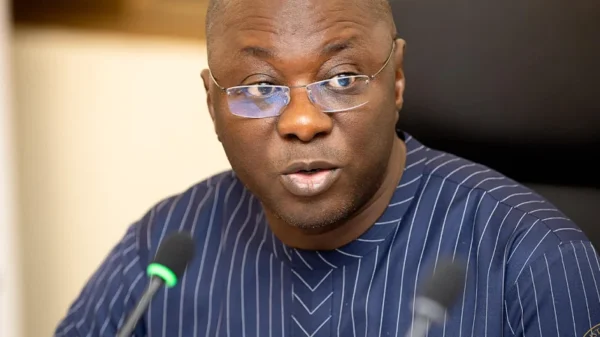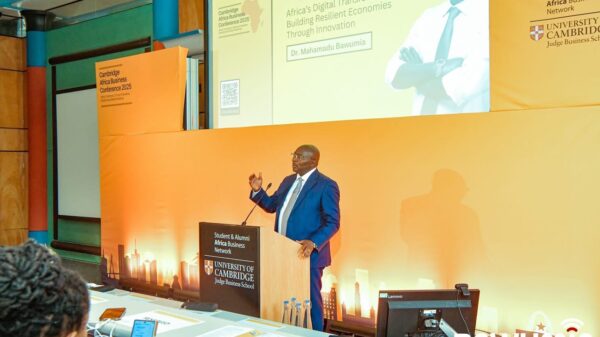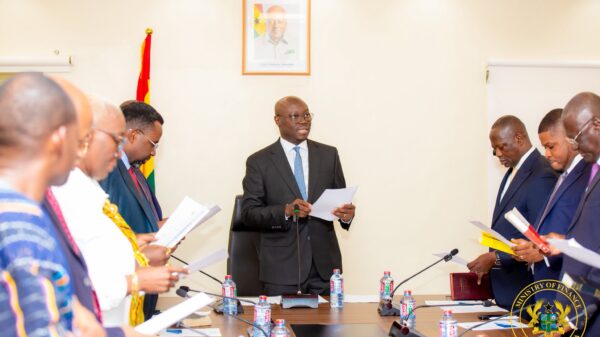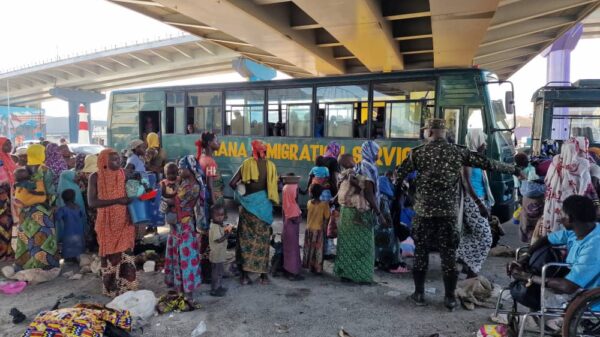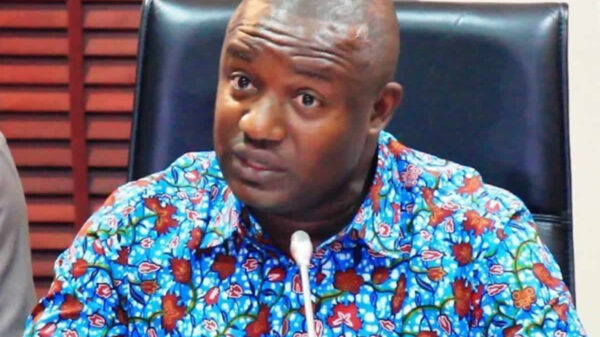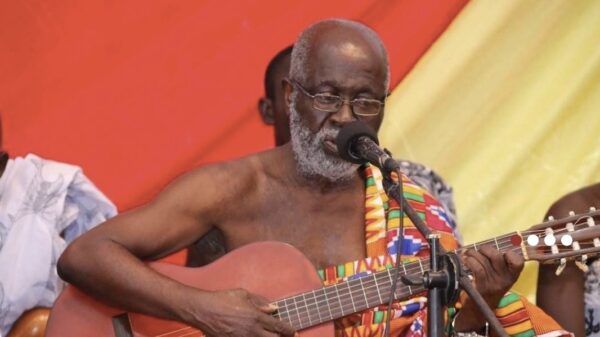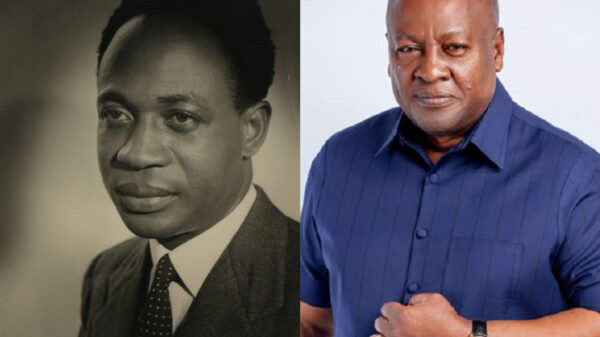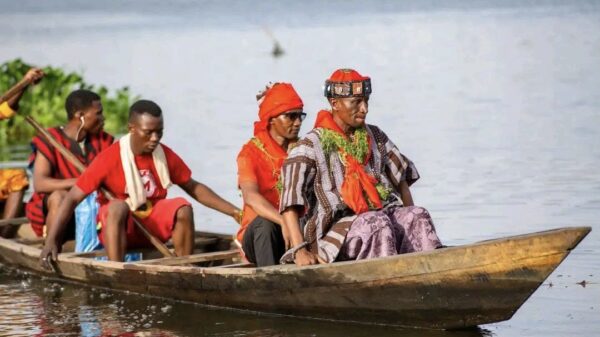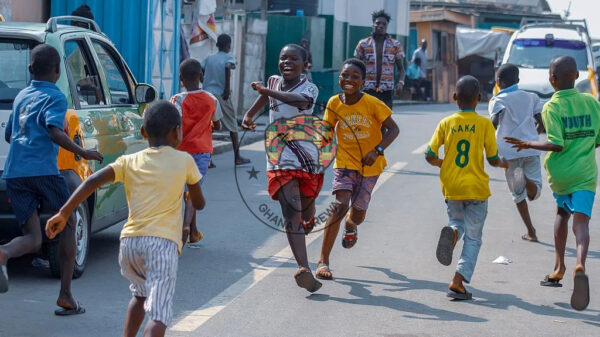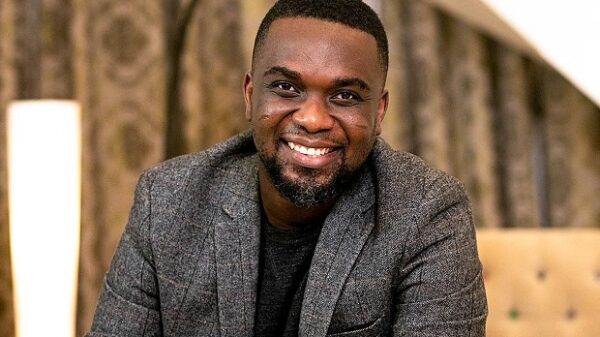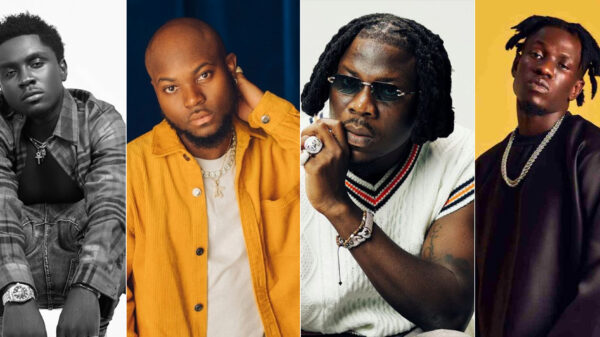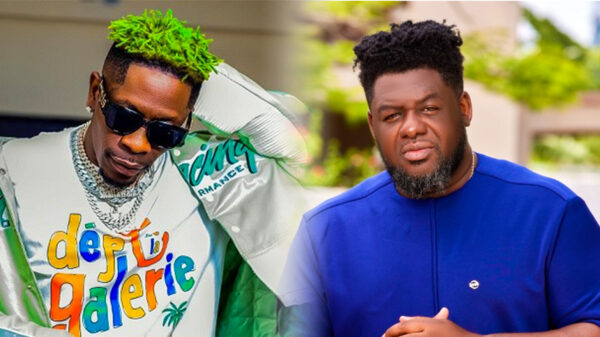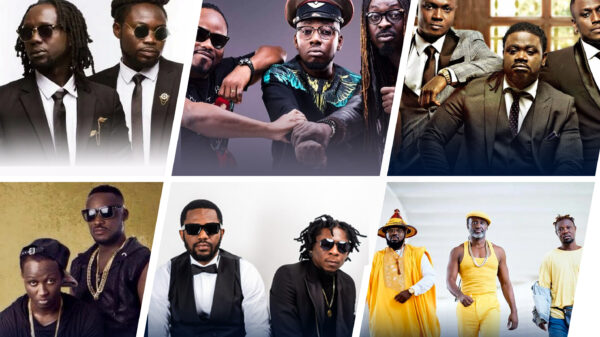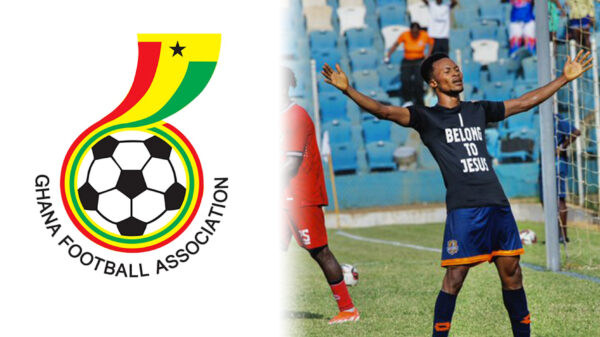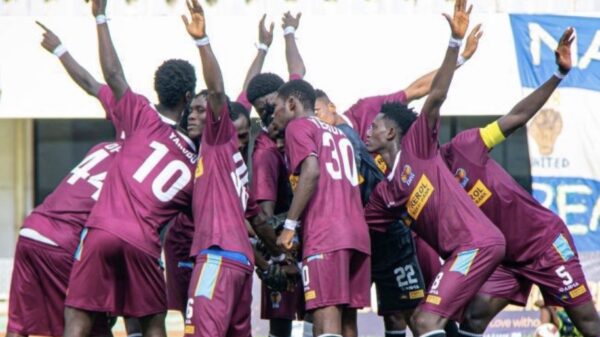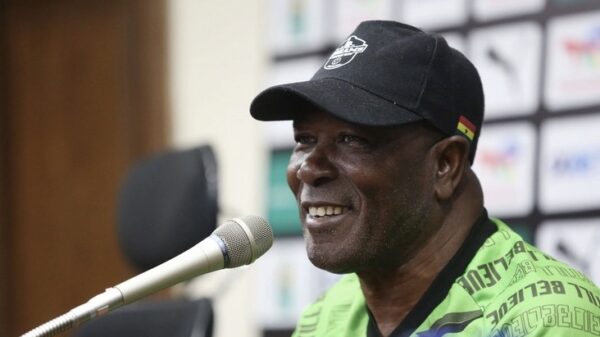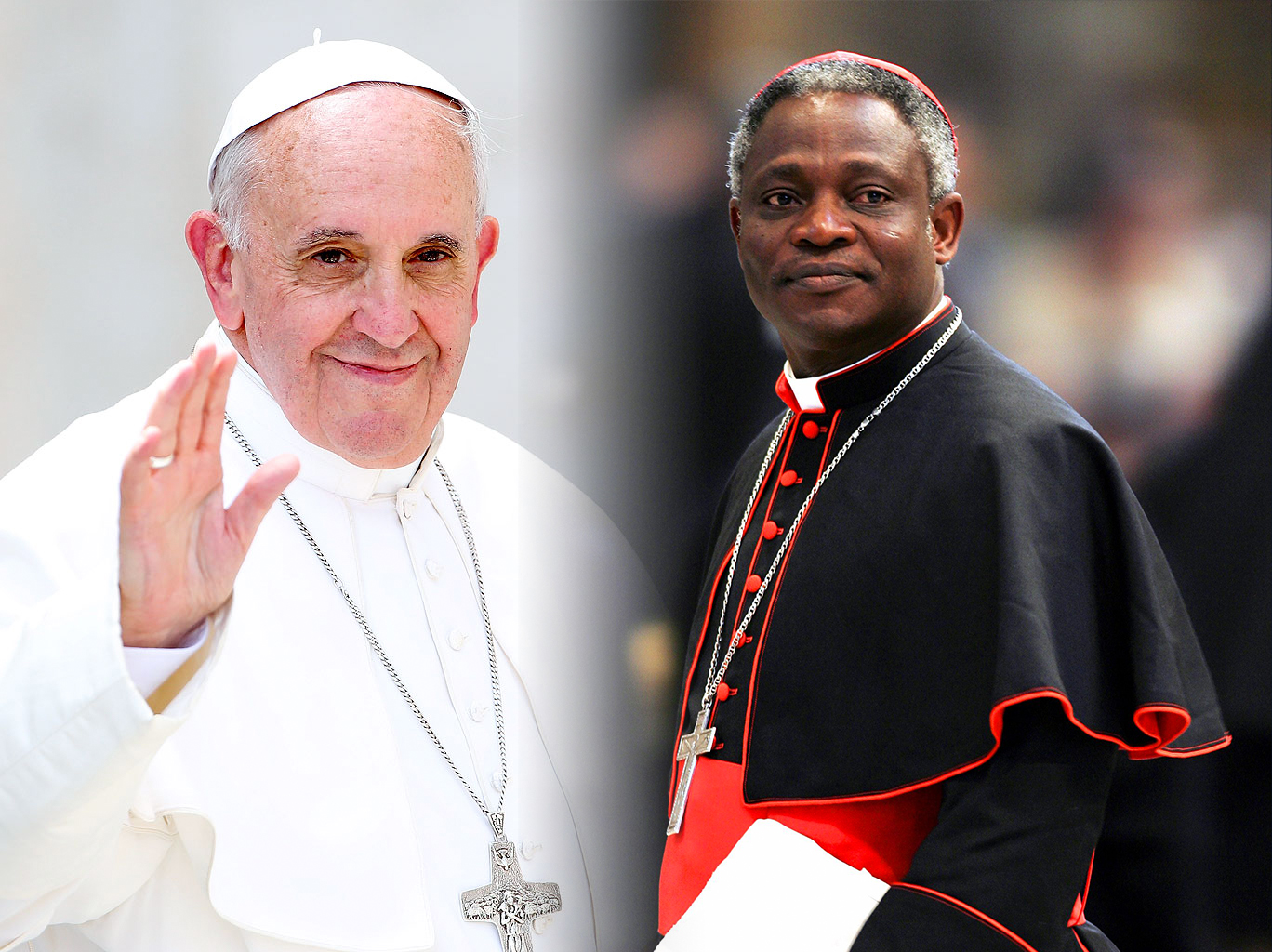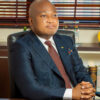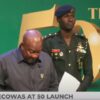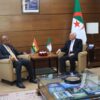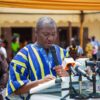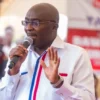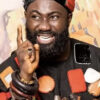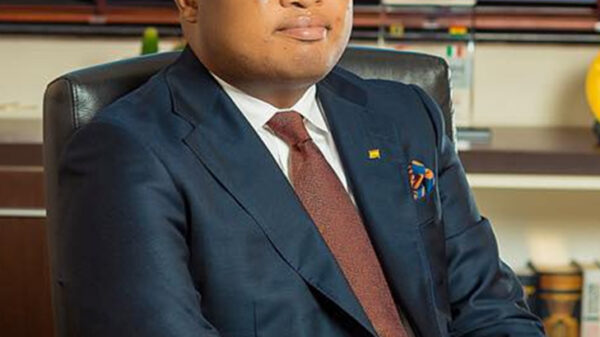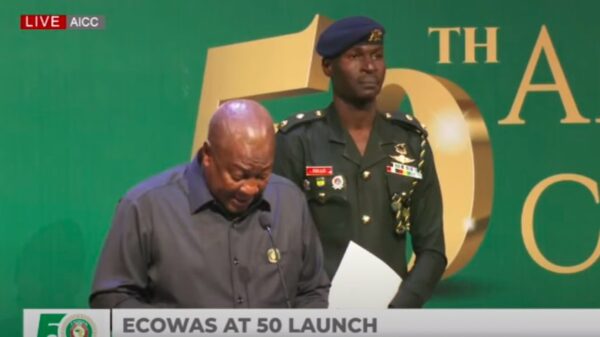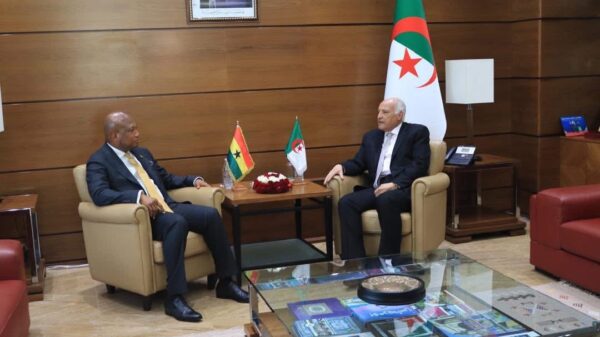The world is in mourning following the death of Pope Francis, the 266th pope of the Roman Catholic Church. As millions of Catholics and non-Catholics alike come to terms with this monumental loss, tributes are pouring in from across the globe. World leaders such as the British Royal Family, former U.S. President Barack Obama, Ghana’s President Mahama, and former Vice President Dr. Bawumia expressed their condolences. But even as the world reflects on the life and legacy of this influential spiritual leader, pressing questions are already emerging: What happens now? Who will be the next spiritual head of over 1.3 billion Catholics worldwide? And what does it truly take to become pope?
Pope Francis, born Jorge Mario Bergoglio in Argentina, made history in 2013 as the first pope from Latin America, the first Jesuit pope, and the first to take the name “Francis,” inspired by St. Francis of Assisi. His papacy was defined by his deep emphasis on compassion, humility, and social justice. He was a voice for the marginalized, a defender of the poor, and a champion for climate action. Under his leadership, the Church moved toward greater inclusivity, though not without resistance from conservative factions within the Vatican.
The late pontiff made his last public appearance on Easter Sunday, 20 April, and passed away on Monday, 21 April, at 88. His funeral is scheduled to take place in six days, and during this period, his body will lie in state in St. Peter’s Basilica for the faithful to pay their respects.
With his passing, the Catholic Church enters a period of mourning known as the “Sede Vacante” (Latin for “the seat being vacant”), during which all major Vatican decisions are paused. One of the first symbolic acts that follows is the destruction of the papal ring, known as the “Fisherman’s Ring,” to prevent any forgery of official documents. Simultaneously, preparations begin for one of the most sacred and secretive events in the Catholic Church: the conclave.
As the Church stands at this pivotal moment, speculation grows about who will take up the mantle of leadership. Notably, Ghanaian Archbishop Palmer-Buckle has nominated Cardinal Peter Turkson as a worthy successor to the late Pope Francis. Should this happen, it would mark a significant moment for Africa and the global Church.
The conclave, held in the Sistine Chapel, is a highly confidential process in which cardinals under the age of 80 gather to elect a new pope. A two-thirds majority is required for a successful vote, and the result is famously signaled by smoke from a chimney: black for no decision, white for the election of a new pope.
Choosing a pope is more than just selecting a leader, it’s about choosing a spiritual guide for the times. Cardinals must balance the Church’s traditions with the need for modernization, global diversity with theological consistency, and spiritual depth with political acumen. Some believe the Church may turn its attention to Africa or Asia, reflecting its growing global reach. Others hope for a leader who will either continue or challenge Pope Francis’ progressive legacy.
But what does it take to become pope? It’s a matter of timing, being the right man with the right background and message at the right historical moment. Though shrouded in secrecy, the path to the papacy is typically long and shaped by years of dedication, scholarship, and service. Most popes begin as parish priests, rise to bishops, and eventually join the College of Cardinals.
Will the next pope follow in Francis’ footsteps or steer the Church in a new direction? That remains to be seen. But what is certain is this: the Catholic Church now stands at a defining crossroads. As the Vatican prepares for its next chapter, the memory of Pope Francis the “People’s Pope” will continue to inspire generations and shape the spiritual journey of millions across the globe


